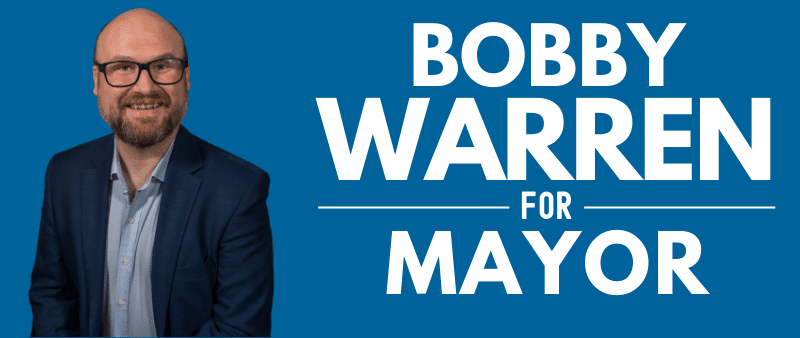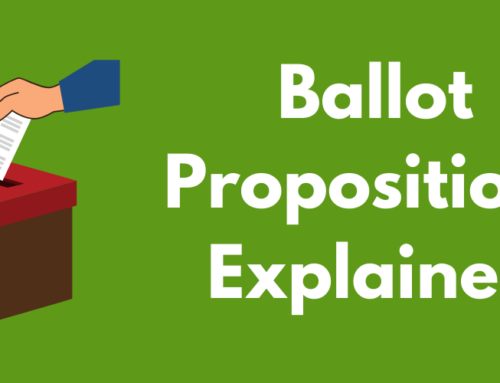Many of Jersey Village’s residents, like myself, at one time or another have lived in our neighboring metropolis, Houston. All of us have probably read newspaper articles or watched TV reports about city government in Houston. Every two years we see repeated commercials from candidates for city council and mayor. We become accustomed to thinking of city government as being similar to Houston’s government in which the mayor plays a major role.
Yet, some residents of Jersey Village may be surprised to learn that our city government operates much differently from Houston’s. In fact, while Houston has what is termed a “strong mayor” council system wherein the mayor possesses a significant amount of power and influence, Jersey Village has a city government based on the Council-Manager model.
While the election of the mayor in Jersey Village may generate a significant amount of attention, the reality is that the mayor’s role in our city government is largely ceremonial. He or she has the power to call and run meetings of the city council, but the mayor cannot vote except in the event of a tie (we have five voting council members, so a tie is really not common). The mayor also serves as the primary point of contact for the city in the event of an emergency or natural disaster.
City Manager as Chief Executive Officer
It is notable, however, to examine what powers a mayor in Jersey Village does not have. He or she has no veto power over legislation passed by the city council. The mayor also doesn’t hire or fire city personnel such as the police chief or the fire chief. That role is left to the city manager, a full time professional who runs the day-to-day operations of the city. The best analogy is to think of our city council as a board of directors with the mayor serving as its chairman. The city manager, on the other hand, is the chief executive officer of the city.
The Jersey Village City Council has the sole ability to hire or fire a city manager. They have no ability to hire or fire any of the other personnel in city government that are managed by the city manager themselves. That power, instead, remains with the city manager. Therefore, the selection of a city manager is a critical decision. If the city council selects an effective city manager, they will likely hire city personnel that effectively manage the daily affairs of the city. An ineffective city manager, however, can lead to poor delivery of critical services.
Therefore, when you’re voting for a candidate city council this May, it’s important to determine whether you’re happy with the current direction of city government. Do you feel that our police officers do a great job patrolling our streets? Are our parks and recreational areas kept in good shape? Are our streets and other infrastructure maintained appropriately? If you believe that is the case, you should insist on asking candidates for office whether they support the current city manager since they are principally responsible with ensuring that these services are provided.
What Role Do Citizens Have in Our Local Government?
I have often heard some of my neighbors remark that citizens should be allowed to vote on a large number of items considered by city council. Some have even gone so far as to suggest that citizens should vote on contracts over a set dollar value.
Where do we turn when we want to know what powers are reserved by citizens and which have been delegated to our city council? Like all “home rule” cities in Texas, Jersey Village has adopted a city charter which acts as our “constitution” and defines the powers of the various positions in city government.
If you review the city charter, you will find that citizens wield a great deal of power over city council, the most significant of which is the ballot. Each year, half of the city council is up for election on the first Saturday in May. In even-numbered years, places 1, 4 and 5 are up for election. In odd-numbered years, the mayor as well as places 2 and 3 are up for election. When you consider the fact that three votes on city council makes up a majority, citizens have the ability to radically reshape their city council in any given year. In even-numbered years, they can sweep in a new slate of candidates could conceivably control nearly all decisions made by city council.
Beyond the power of the ballot, citizens also retain the right to create new policy (the “power of initiative”), the power to reject policies enacted by city council (the “power of referendum”), and the power to remove elected officials (the “power of recall”).
While citizens do not directly vote on each item that comes before city council, they do have the ability to keep their city council in check at any given moment through these reserved powers.




